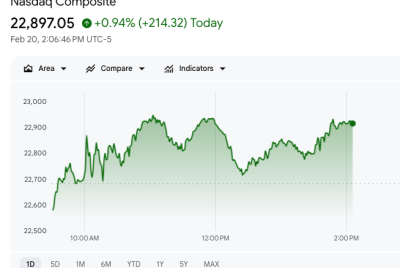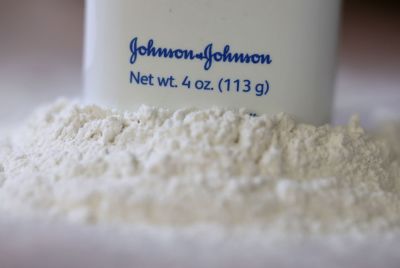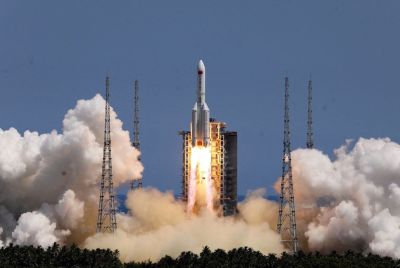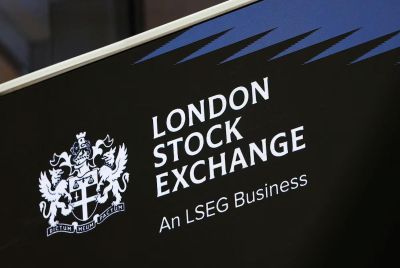Hong Kong property market soars 20 percent in 2010
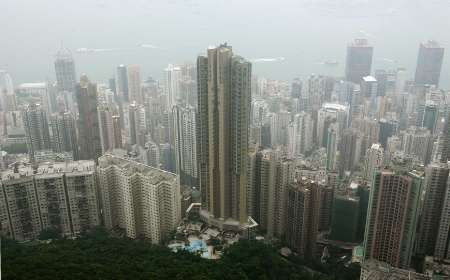
The Hong Kong property market soared almost 20 percent so far this year, said Nigel Chalk of the International Monetary Fund (IMF). This is in stark contrast with housing markets in most developed countries, which at best are recovering slowly from their severe crashes.
Hong Kong links its currency to the U.S. dollar and thus imports America’s loose monetary policy. This excess liquidity leads to cheaper mortgage rates and mortgage lending has expanded by almost 15 percent this year.
While this U.S.-imported monetary policy certainly contributed to the run-up in property prices, other factors are also in play, said Chalk. Indeed, surging property prices are observed in a number of Asian countries that have a variety of currency regimes and monetary policies.
One factor is that Hong Kong, like some of its Asian neighbors, has a strong and resilient economy, said Chalk.
Furthermore, Hong Kong is a “vibrant market for new equity issuance and a safe haven for international capital.” Indeed, the Hong Kong Stock Exchange has been a key medium for Chinese companies looking to raise money internationally.
In 2010, China and Hong Kong led the world in proceeds raised from initial public offerings. This trend will likely continue and be supported by China's financial liberalization and strong economic performance.
Chalk said there is strong demand for property “from both Mainland Chinese investors and from high net worth professionals that are moving to work in Hong Kong’s rapidly expanding financial services industry.
At the same time, he said “current supply conditions are unusually tight and, while construction is underway, it will take time before those new units actually hit the market.”
Email Hao Li at hao.li@ibtimes.com
© Copyright IBTimes 2025. All rights reserved.



